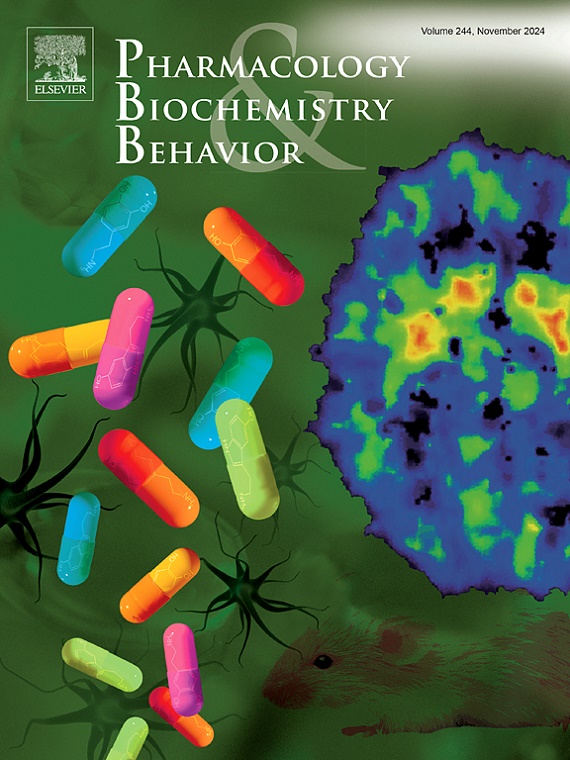Purified cannabidiol leads to improvement of severe treatment-resistant behavioral symptoms in children with autism spectrum disorder
IF 3.3
3区 心理学
Q1 BEHAVIORAL SCIENCES
引用次数: 0
Abstract
Objective
The aim of our study was to evaluate the efficacy and safety of purified cannabidiol as an add-on medication in pediatric patients with autism spectrum disorder (ASD) associated with treatment resistant repetitive behaviors, behavior disorders, and intellectual disability and unresponsive to conventional medications and behavioral interventions.
Material and methods
A prospective, observational, before-and-after study was conducted including 20 patients with severe ASD who initiated treatment with purified CBD. Patients were evaluated using different scales at baseline and at three-month intervals during followup.
Results
The median total CBD dose was 363.5 mg (range, 100–700), and the median follow-up was 11 months (range, 6–12). As to the primary outcome evaluating symptoms reported by parents, improvement in at least one was observed after CBD initiation in 18 patients (90 %) and no improvement in two (10 %) (1 worsening, 1 no response). In the responders, 83.5 % (n = 76) of all reported symptoms improved. Regarding the secondary outcomes based on the assessment with different scales, improvement of around 30 % was found in irritability, social withdrawal, hyperactivity. Restricted and repetitive behavior improved in nine (50 %), while no changes were seen in seven (38.8 %). Sleep patterns were found to be slightly improved. Adverse effects were reported in 13 patients (65 %), mainly consisting of increased irritability and decreased appetite, but were mild or moderate and transient in all. In 40 % of the children, concomitant medication could be reduced or partially discontinued.
Conclusion
Our results suggest that treatment with purified CBD is effective and safe and could benefit patients with severe ASD by improving some of the core symptoms, including repetitive behaviors and social interaction, as well as associated comorbidities. The families considered the quality of life to have improved.
求助全文
约1分钟内获得全文
求助全文
来源期刊
CiteScore
6.40
自引率
2.80%
发文量
122
审稿时长
38 days
期刊介绍:
Pharmacology Biochemistry & Behavior publishes original reports in the areas of pharmacology and biochemistry in which the primary emphasis and theoretical context are behavioral. Contributions may involve clinical, preclinical, or basic research. Purely biochemical or toxicology studies will not be published. Papers describing the behavioral effects of novel drugs in models of psychiatric, neurological and cognitive disorders, and central pain must include a positive control unless the paper is on a disease where such a drug is not available yet. Papers focusing on physiological processes (e.g., peripheral pain mechanisms, body temperature regulation, seizure activity) are not accepted as we would like to retain the focus of Pharmacology Biochemistry & Behavior on behavior and its interaction with the biochemistry and neurochemistry of the central nervous system. Papers describing the effects of plant materials are generally not considered, unless the active ingredients are studied, the extraction method is well described, the doses tested are known, and clear and definite experimental evidence on the mechanism of action of the active ingredients is provided.

 求助内容:
求助内容: 应助结果提醒方式:
应助结果提醒方式:


